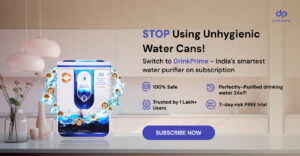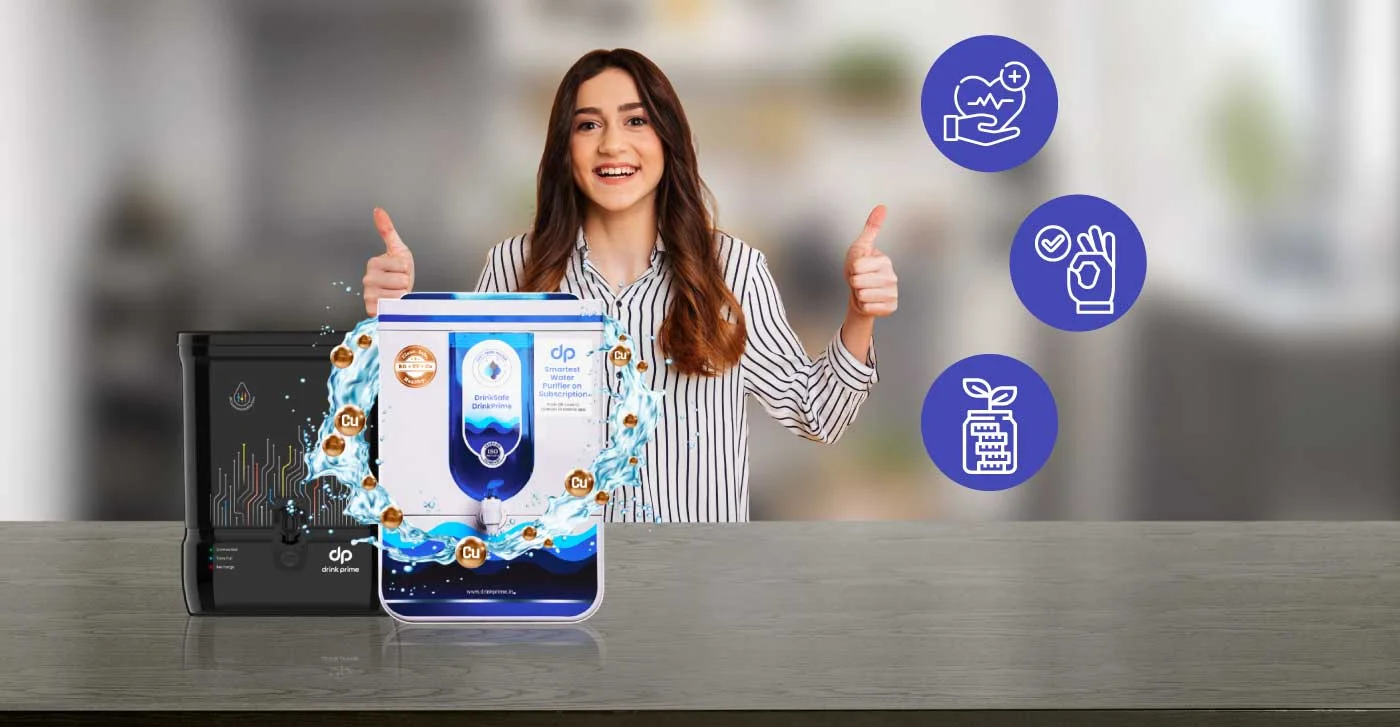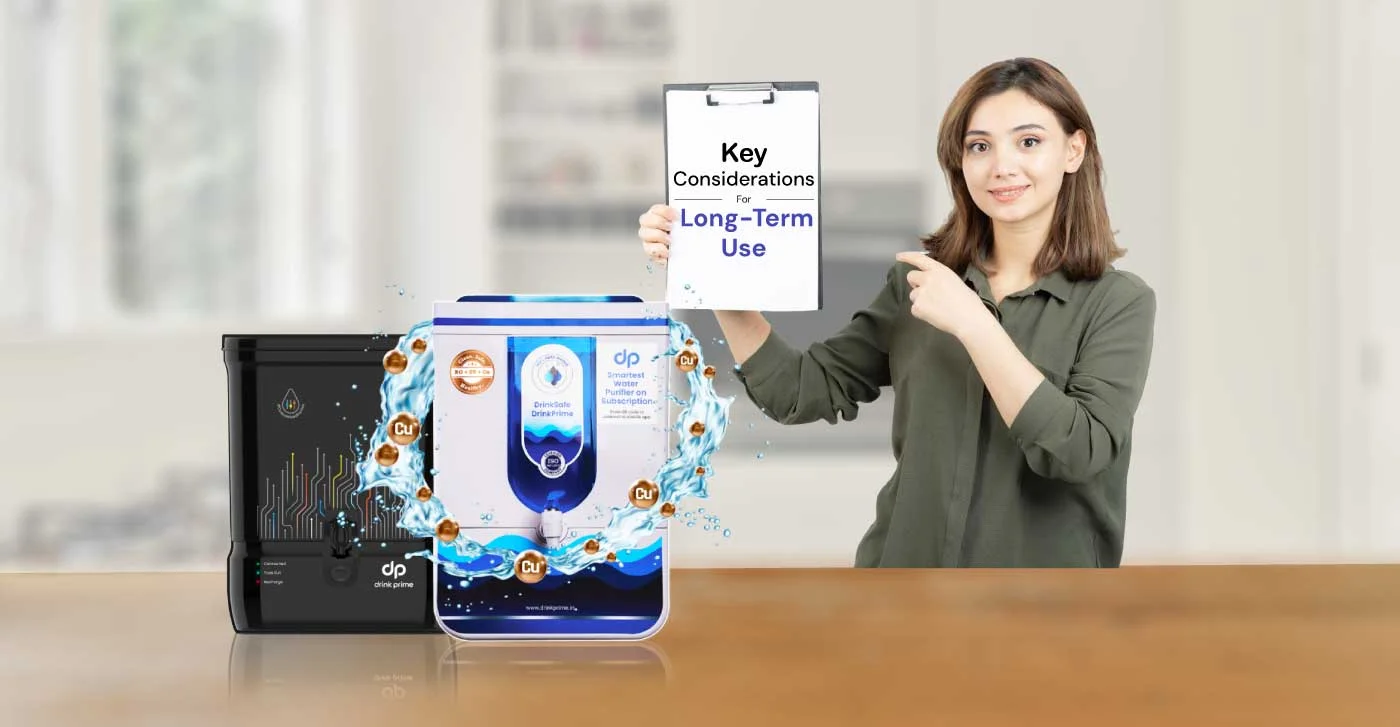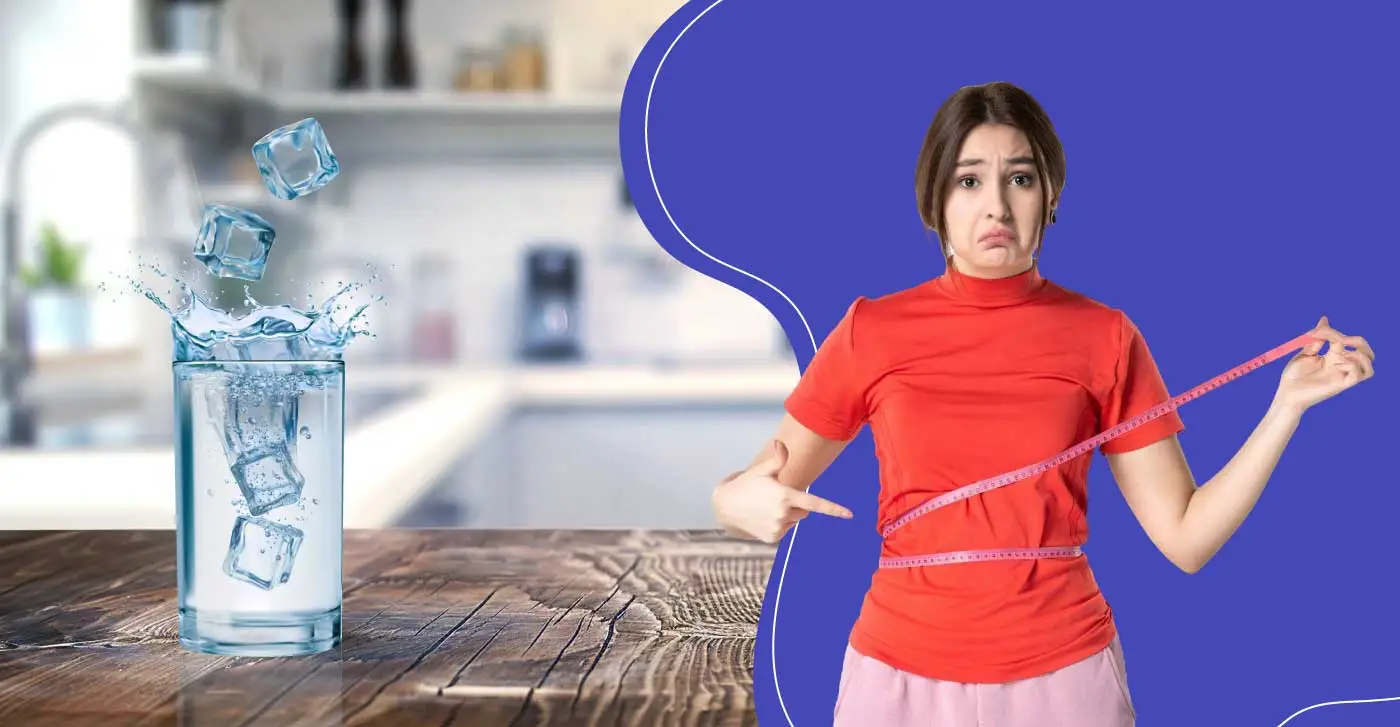Water is a common denominator that binds all humans, irrespective of geography or ethnicity. It is one of our most precious natural resources. Due to the rapid increase in global population, heavy industrialization, etc., water resources are severely strained and facing the threat of depletion. It is ironic that we learn in geography classes that although 71 percent of the earth is covered with water, the freshwater that we can use amounts to a paltry three percent. India is one of the most water-starved nations globally, as the scanty water resources cannot support the burgeoning population. In such a scenario, it becomes imperative that each of us do our part to conserve water. In this article, we delve into some smart tips to save water that you can easily incorporate into your daily life.
Why is water conservation so important?
- Conserving water is critical to maintain our rapidly depleting natural resources. The health of our global ecosystem is largely dependent on how we use and manage this precious resource.
- Engaging in sustainable practices and making efforts to conserve water at an individual level will go a long way toward ensuring the well-being of both humans and the environment. Water conservation benefits not only positively impact the environment but can also help lower bills, which can help you economically as well.
Here are some smart tips to conserve water:
It is said that to change the world, you must start with yourself first and water conservation is no exception. Every individual effort counts. Here are some smart and efficient ways to conserve water.
- Mindful bathing: As tempting as a long shower or a soak-in warm tub sounds, it is one of the biggest areas of water wastage. Limit yourself to short showers or, even better, bucket baths at least a few times a week. This will not only save you time and money but is also a great way of saving water at home.
- Check for leaks: Dripping faucets or leaky pipes and valves are silent water drainers and can lead to substantial water wastage if left unattended. So, you must do timely checks for leaks and address them immediately. These small steps will help prevent liters of water from being wasted.
- Mindful water usage: Turning off taps when not in use is the simplest and one of the most powerful habits that you can incorporate on your sustainability journey. So, remember to turn that tap off while brushing your teeth or soaping your dishes.
- Use your appliances smartly: Ensure that you run the washing machine or dishwasher only when it is fully loaded. Use the shortest cycle setting and any water-saving option that your appliance model may provide. This will not only prevent water wastage but also go a long way in saving your time and money.
- Smart gardening: Balance out your garden with some plants that do not require daily watering. These low-water-demanding plants thrive on low water levels, ensuring that you need not spend your time and huge amounts of water on their upkeep. This will not only save water in summer but is a process that can be followed in all seasons.
- Water as needed: Before watering plants, check if they need watering. Overwatering, in addition to wasting water, is also harmful to the plants. So, check the soil before you mindlessly begin watering plants.
- Water plants smartly: Avoid watering your plants in the heat of the day. The scorching sun causes higher levels of evaporation, and hence, you will need to use more water than normal. So, water your plants either in the early morning hours or late evening to get maximum advantage.
- Use the right watering techniques: When using a hose pipe or sprinkler to water plants, use the lowest setting or hold the pipe lower. Hoses and sprinklers normally throw a lot of water into the air, where most of it gets evaporated before it even hits the soil. This small change can help you save a lot of water in the long run.
- Invest in water-efficient appliances: Using smart devices like sensor taps, low-flow shower heads, etc., will help you reduce water consumption in the long run. These devices are built to decrease the flow of water without compromising on its efficiency. This will help you save water without any effort on your part.
- Rainwater harvesting: You can collect rainwater simply by placing a large barrel in your garden or even terrace. The water that is collected can be used for cleaning, watering plants, etc.
- Consider using recycled water: Grey water which meets standard quality specifications, can be effectively used for cleaning purposes, washing your vehicles, flushing toilets, and even for industrial purposes and landscaping. This will reduce the dependence on fresh water to a large extent.
- Invest in a low flush or dual flush option: Installing a low flush option in toilets largely cuts the water usage while flushing, compared to standard toilets. If you are on a slim budget, consider adding a dual flush option to your existing toilet. It allows you to select less water for fluid wastes as compared to flushing out solid wastes.
- Use RO efficiently: RO purifiers have become a household necessity, but it is also true that they waste a lot of water. Invest in advanced RO models that cause very little water wastage. Use the reject RO water to mop your floors, wash vehicles, etc.
Get 7 Days Risk Free Trial
Conclusion
Water conservation is every individual’s responsibility, and it must be taken seriously if we want to conserve this precious resource for future generations. Integrating these simple ways to save water into your daily life will have a huge collective impact on our endeavors to create a sustainable environment.
Investing in an RO water purifier not only guarantees round-the-clock access to safe drinking water but also significantly reduces water wastage. An added advantage is that the wastewater produced during the RO process can be repurposed for various household chores such as floor cleaning and dishwashing, further minimising wastage.
By opting for a DrinkPrime RO water purifier, you ensure minimal water wastage and access to clean, safe, and healthy drinking water through flexible subscription plans.




